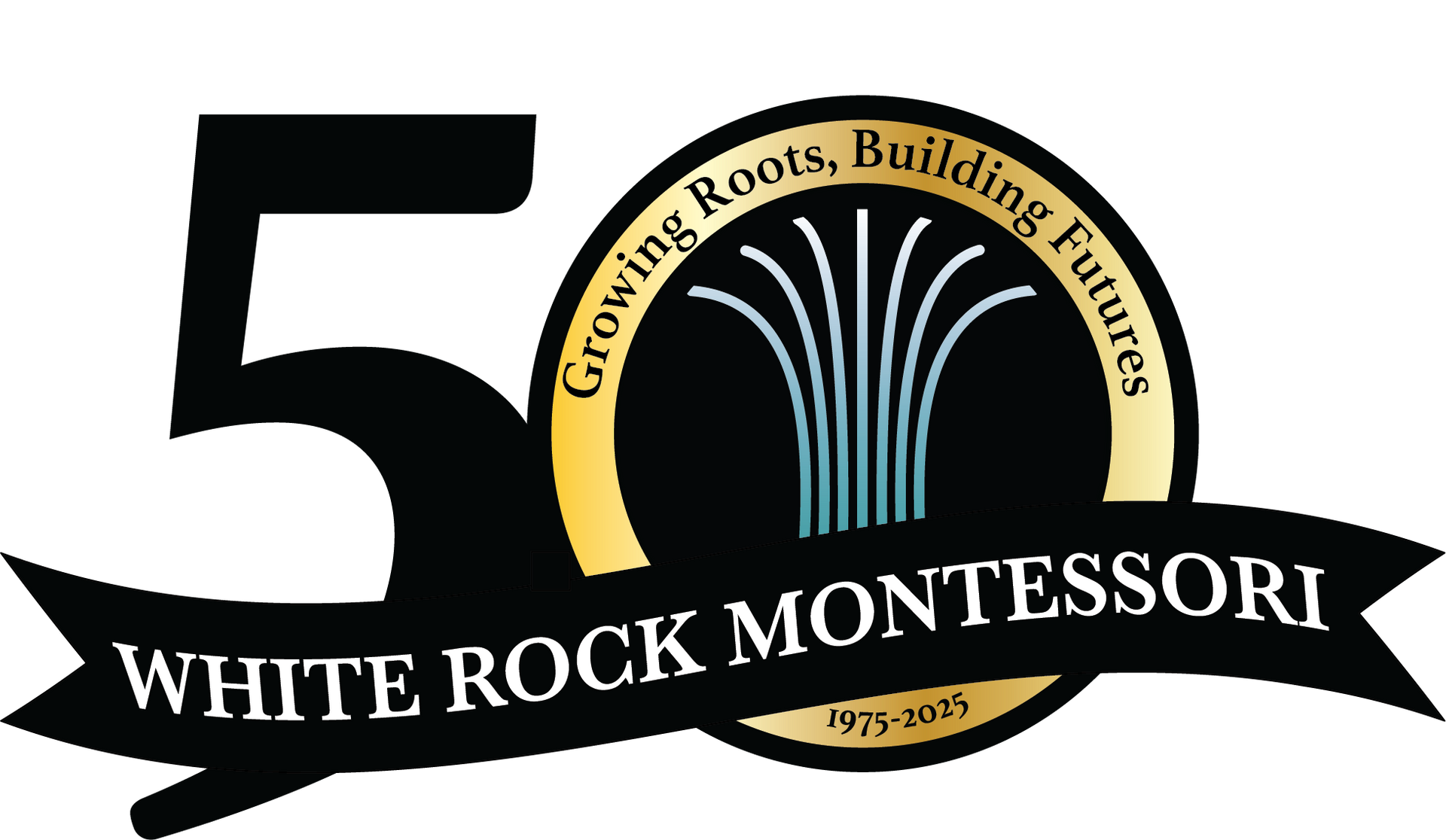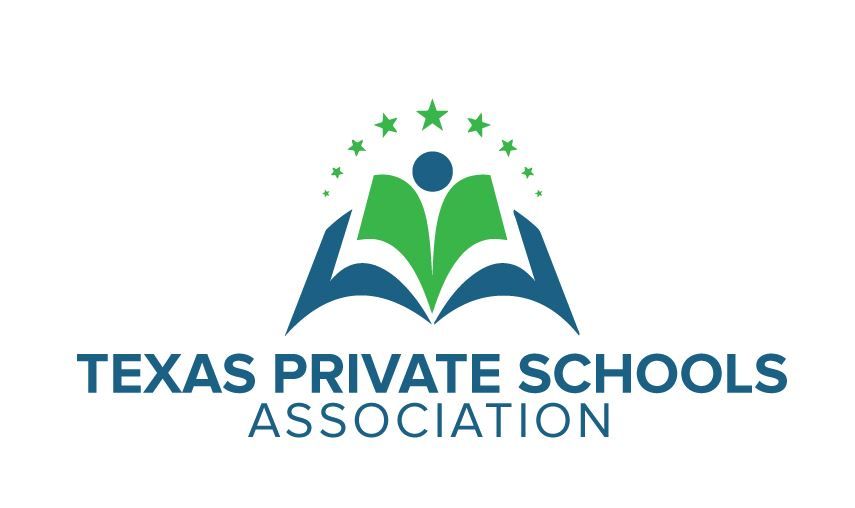Lower Elementary
6 - 9 years old

Entering the second plane of development, the elementary child is characterized by the "reasoning mind." Children of this age have a natural curiosity about how things work.
They are highly social and want to understand the relationship between things and people. To support these characteristics, lessons are given to small groups of children with the purpose of sparking imagination and sense of wonder, helping them understand the universe around them and their place in it, and taking advantage of their natural inclination toward collaborative learning. Group work is encouraged which provides students the opportunity to learn to listen and respect the ideas and thoughts of others in their group.
The Lower Elementary student is also very interested in morality and what society (the child’s own group) considers to be right and wrong. Students explore the wider society outside of family by learning and experimenting with social order among their peer groups. This allows for opportunities to practice grace and courtesy and develop resilience.
The Lower Elementary program builds on skills and knowledge attained in the Primary Program. Foundational literacy and numeracy skills blossom into reading and mathematical competency.
Characteristics
of WRM Lower Elementary Environments
- Two lower elementary classrooms, each consisting of twenty-four children, ages 6-9 (correlating to 1st through 3rd grades)
- Two Montessori-credentialed teachers in each room; the student/teacher ratio is approximately 13:1
- Weekly classes with specialists in Music, Visual Arts, Physical Education, Outdoor Education, Spanish, and Physical Education
- Regular outdoor play
- All children attend five days per week from 8:00 A.M. - 3:00 P.M.
- Children remain in the same classroom with the same teachers throughout their Lower Elementary years
- Classes are self-paced and individualized
- Concrete, manipulative materials are organized into the following curricular areas:
- Math
- Geometry
- Language
- Research and Creative Writing
- Foreign Language (Spanish)
- Geography
- History
- Science
Curriculum
In the Lower Elementary program, emphasis is placed on handwriting, phonics, reading, story writing, mathematical operations, geography, cultural studies and science.
Language
The Language program is designed to build skills in the area of oral and written expression as well as reading fluency through phonemic awareness and fundamental reading comprehension. Reading and vocabulary enrichment activities span across curricular areas.
Math
In Math, Lower Elementary students continue to use concrete Montessori math materials to support the shift from physical representation toward abstract understanding. This builds a deep conceptual understanding of operations and processes through proficiency with math facts, number strategy, and memorization.
Culture
Examination of the world in the cultural program begins with Montessori's Great Lessons including the story of formation of the universe and evolution of all living things. Students begin to develop an understanding of their place in the world, physically in terms of location, in history, and in time. They develop an appreciation for other peoples and cultures through continent studies and learn how geography and time have influenced the ways in which humans meet their fundamental needs.
The science and cultural curriculum varies by year and builds from the whole to the parts - such as exploring the solar system, biomes, South America, Antarctica, and Native Americans. Additionally, the cultural curriculum encompasses botany, zoology, geography and history.
Extended Curriculum
Extended Curriculum programming takes place in designated areas outside of the classroom and includes Art, music, outdoor education/gardening, physical education, and Spanish.
Work Plans
Work plans are introduced as a structure for each child to understand their responsibilities as a student. Work is dictated by daily lessons as well as the student's interests. Work plans allow students to learn time management skills by prioritizing their work choices each day. The teacher checks in with the students each day to ensure weekly goals are met.
Assessments
Each student's progress is assessed both formally and informally throughout the year, and communicated to parents with comprehensive progress reports provided twice a year. The progress reports detail the student's work habits, their academic strengths as well as their social, emotional and physical development. They are followed up by a conference to review progress and discuss areas of strength and growth.




